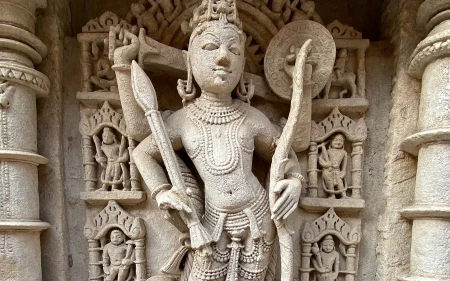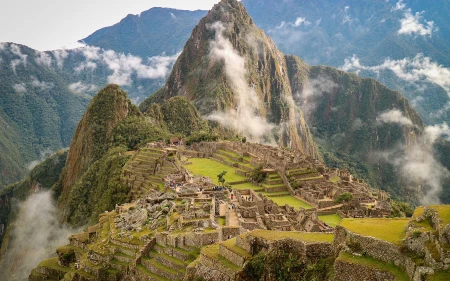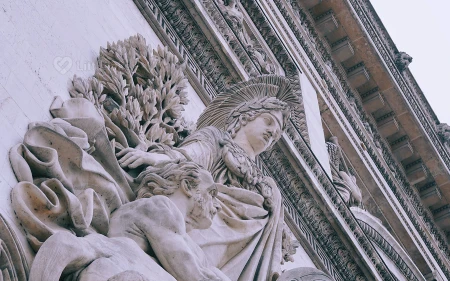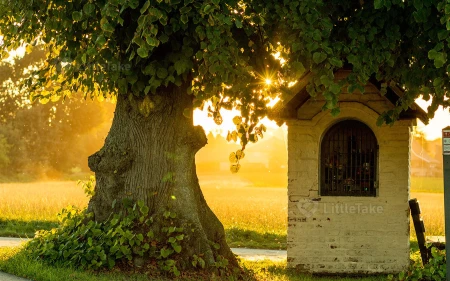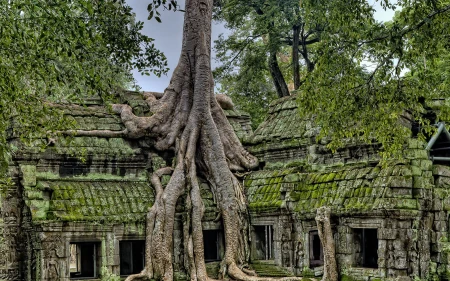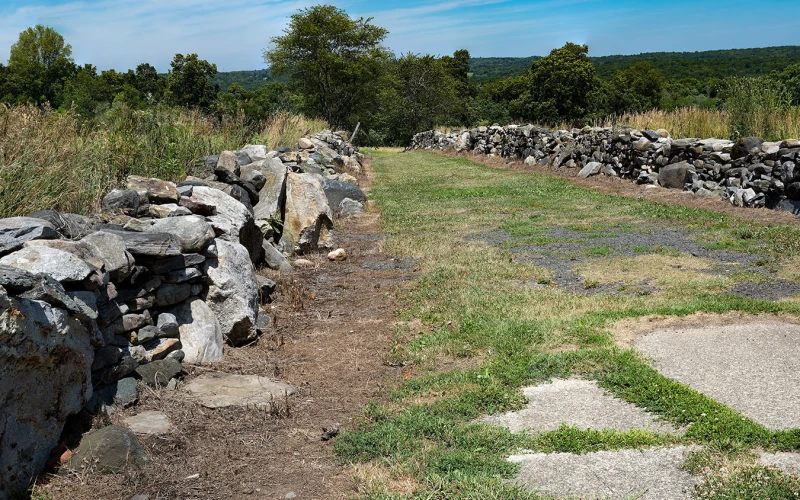
Preserving Cultural Heritage: Challenges
Cultural heritage is the legacy of tangible and intangible assets passed down through generations, encompassing traditions, customs, beliefs, and historical sites. Preserving this heritage is crucial for maintaining cultural identity and diversity. However, preservation efforts face numerous challenges. In this article, we'll explore some of the key obstacles in preserving cultural heritage.
Environmental Factors
Natural disasters, climate change, and environmental degradation can significantly impact cultural heritage. Earthquakes, floods, and fires can damage or destroy historical sites, while rising sea levels and coastal erosion threaten coastal communities and their cultural legacies. These environmental challenges necessitate innovative and adaptive strategies to protect and preserve heritage sites.
Urbanization and Development
Rapid urbanization and modern development often lead to the demolition of historically significant structures or the encroachment of modern buildings on cultural landscapes. Balancing the need for growth and development with heritage preservation is a complex challenge that requires thoughtful planning and community involvement.
Political Instability and Conflict
Political instability and armed conflict can severely damage or destroy cultural heritage sites. War and civil unrest not only endanger the physical structures but also the people who maintain and protect them. Furthermore, the illegal trafficking of cultural artifacts in times of conflict can lead to the loss of invaluable pieces of history.
Limited Funding and Resources
Preserving cultural heritage requires significant financial investment and human resources. Many countries struggle to allocate sufficient funds for restoration, maintenance, and protection efforts, leading to the deterioration or loss of valuable sites and traditions. International support and collaboration are vital in addressing this challenge.
Loss of Traditional Knowledge
As younger generations become more globalized and disconnected from their roots, traditional knowledge and skills risk being lost. Ensuring the transmission of this knowledge to future generations is an essential aspect of preserving cultural heritage.
Lack of Awareness and Appreciation
Finally, a lack of awareness and appreciation for the importance of cultural heritage can hinder preservation efforts. Raising public awareness and fostering a sense of pride and responsibility towards one's cultural heritage is crucial for its long-term preservation.
Preserving cultural heritage is a complex and multifaceted challenge. By recognizing and addressing the environmental, social, political, and economic obstacles, we can work together to protect our shared history and ensure its survival for future generations.













